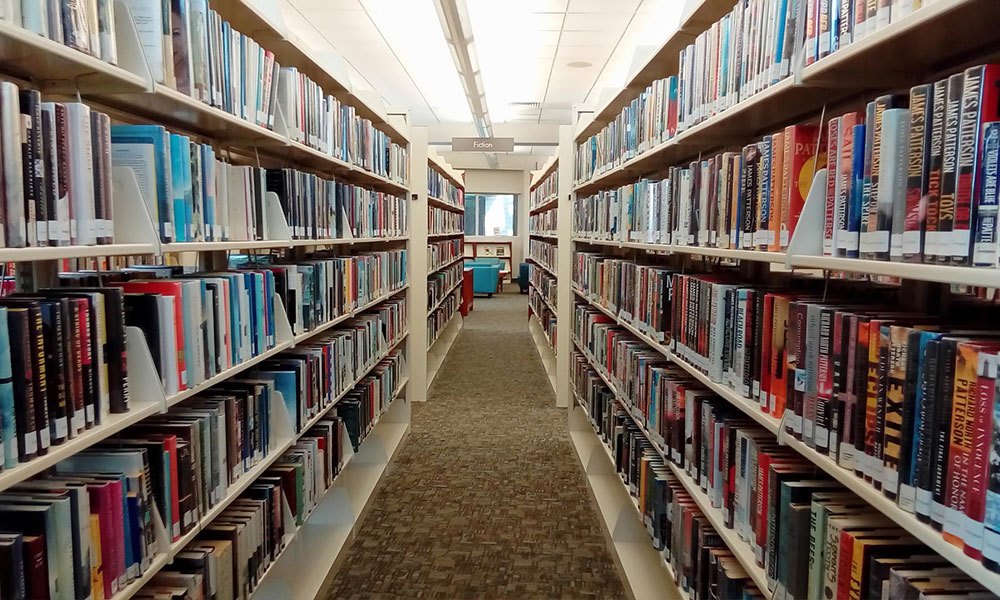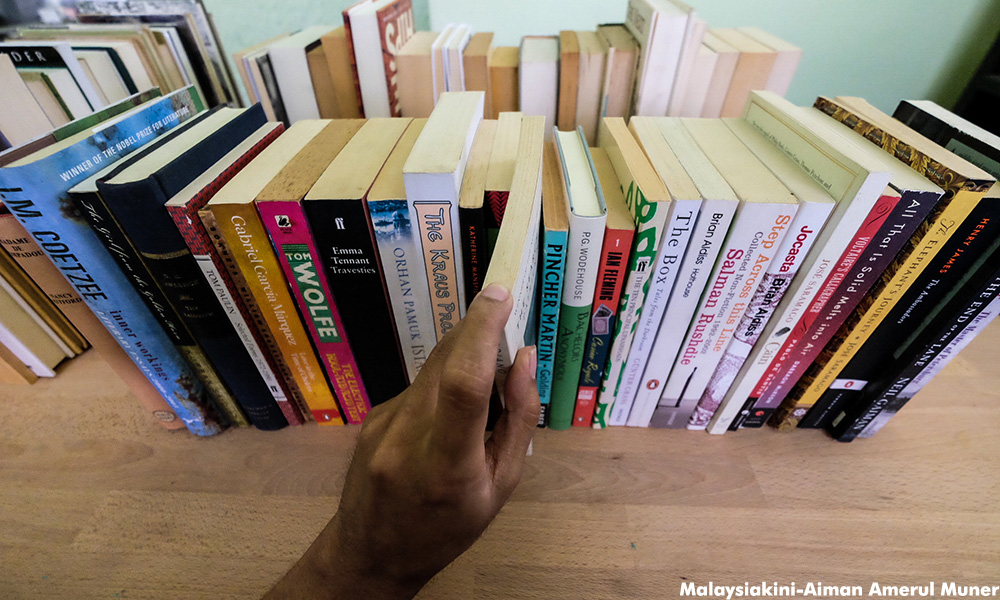
Are you a deep reader who goes through a book cover-to-cover and easily recall what you have read?
What I had read last week, I can only remember vaguely. And that’s prompted by the book’s title and author’s name.
I have no favourite author though. I rely on informed reviewers for leads on non-fiction books worth shelving for repeat readings. One that I borrowed from the library is Proust and the Squid: The Story and Science of the Reading Brain (2007) by Maryanne Wolf, a cognitive neuroscientist and scholar of reading.
One of Wolf’s insights is particularly informative: “Reading can be learned only because of the brain’s plastic design, and when reading takes place, that individual brain is forever changed, both physiologically and intellectually.”
Given the plasticity of our brain, according to Wolf, reading changes the neural structures of our brain and, hence, our appreciation of different types of prose and intellectual capacity to grasp complex arguments.
Wolf’s right. The Internet has radically changed our reading habits, particularly that of the millennial digital generation.
The human ability to read goes way back to when Homo sapiens, the ‘knowing man’, ‘the wise man’ first evolved. They came to interpret symbols and signs, and evolved to understand their world through cave drawings.
Steven Pinker in his book Enlightenment Now (2018) notes in a chapter on knowledge: “Our understanding of who we are, where we came from, how the world works, and what matters in life depends on partaking of the vast and ever-expanding store of knowledge.”
‘Knowing and doing’
Indeed, we are what we read for different reasons and purposes. I read mainly for work to generate fresh ideas, and double-check what I thought I knew. How little I know.
Stephen King in his memoir, On Writing, notes: “If you don’t have time to read, you don’t have the tools to write”. Hence, my collection of non-fiction books over the years, displayed on the shelves, many yet to be read, some bookmarked.

Bookmarked at chapter four on my desk now is Steven Garber’s Visions of Vocation – Common Grace for the Common Good (2014). Reflecting on the relationship of education to vocation, Garber asks: “Knowing what I know, having heard what I have heard, having read what I have read, what am I going to do?”
He goes on to say: “Knowing and doing are at the core of every examined life, but putting the two together is the most difficult challenge we face.”
Indeed. Garber links knowledge with responsibility. He points to the growing disconnect between what we know and what we do. Garber implies that we are all partly guilty when we know that something is not right and yet fail to do anything about it.
How often have you uttered “Please, I don’t want to know”, or thought this when you argue with your spouse or someone you are responsible for? Choosing not to know is akin to disavowing responsibility and avoiding guilt when things go wrong.
Understanding death penalty
We are known by what we do. And what we do connects us back to what we know from what we have read. A case in point is the proposed abolition of the death penalty.
Now that we know more about the death penalty from reading about what can go wrong in a flawed policing and prosecutorial process, what are we going to do? Can the verified facts and clarified contexts prompt us to rethink our position on capital punishment?
It is not uncommon for us to gravitate to arguments that align with our beliefs and values. And, it’s becoming easier when we outsource our minds to Google to spit back what we think we need to make sense of the morality of capital punishment.

Whether you believe in the sanctity of human life that even a convicted murderer should not be deprived of their life, or whether you subscribe to the eye-for-an-eye form of justice, confirmation bias would likely direct you to materials that justify your position.
What we get are the polarised views of pro- and anti-capital punishment advocates, where none in the end are any more informed about or empathetic as to why the other thinks and believes the way they do.
To attain as objective a view as one possibly can, reading the many conflicting arguments on the death penalty is the only way to go.
There are two types of reading – passive and active.
Passive reading is when you skim the materials with no clear purpose or definitive questions in mind. You scan your social media posts, tweets, and news feeds on your mobile device. You stop at a feed that piques your interest at that moment, but soon forget what it was at the end of the day.
Active reading is slower, deep reading. It engages the mind in processing the information, and then relating your understanding to what you know, however little, of the subject matter. It involves mentally noting what you have read.
To help retain what you have read, summarise your understanding in written form and save the notes in a file.
Write notes on the margins of the book, if you own it, which I used to do but have ceased with the ease of typing my interpretation straight into my laptop or Android phone when I’m reading on the move.
Saved on my laptop are files of notes, which I re-read to generate ideas for my articles. They do come in very handy when I come across other materials that relate to past readings.
Cross-referencing and inserting questions to the summary notes will help hone your critical thinking and evaluate what you had read with the many contrarian articles circulating online.
ERIC LOO is a senior fellow (journalism) at the School of the Arts, English & Media, Faculty of Law Humanities & Arts, University of Wollongong. He is also the founding editor of Asia Pacific Media Educator. -Mkini


No comments:
Post a Comment
Note: Only a member of this blog may post a comment.